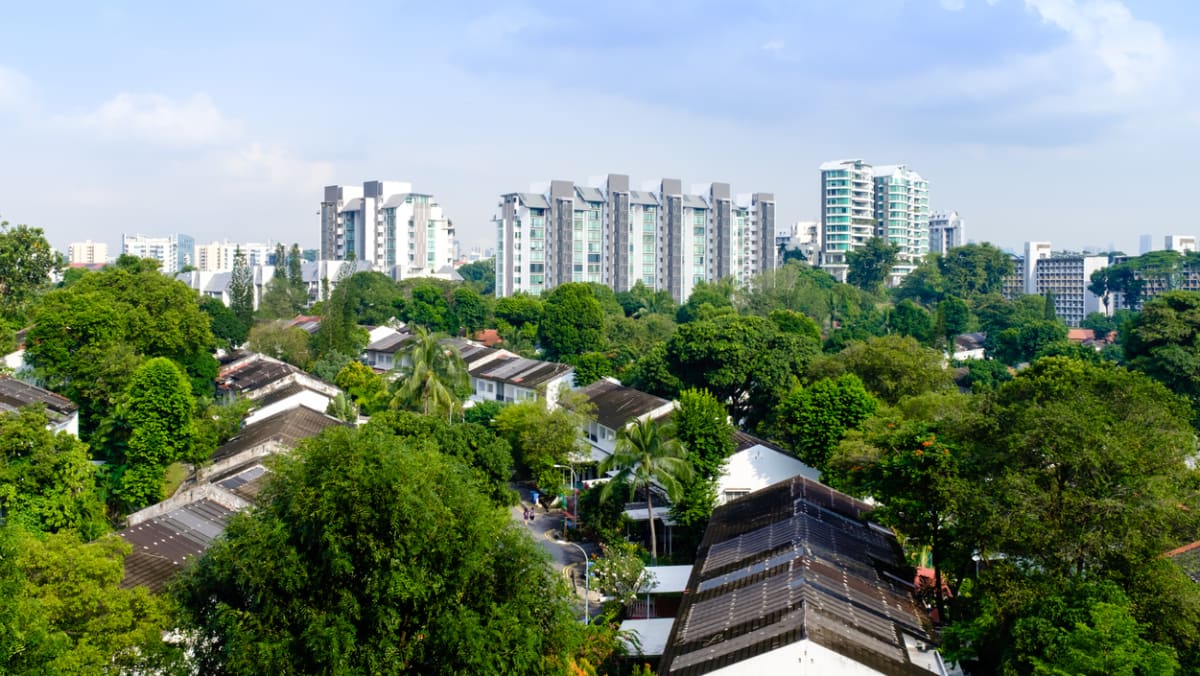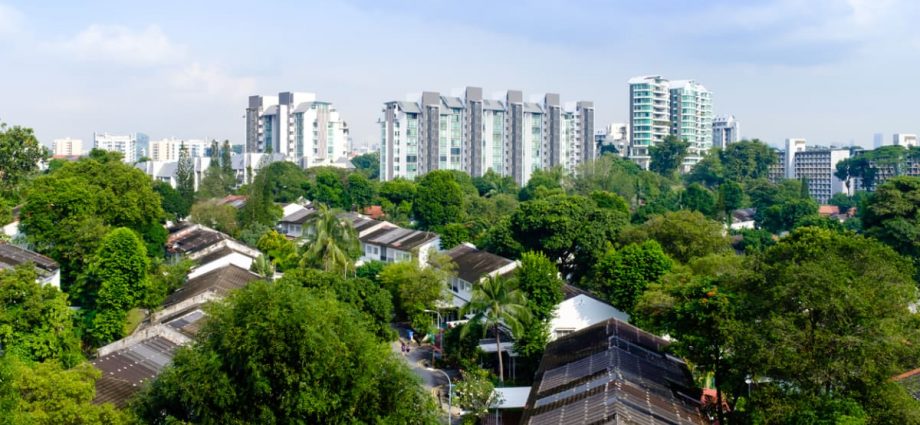
SINGAPORE: A new State Lands Protection Bill tabled in Parliament on Monday (Nov 7) proposes to significantly raise the maximum fine faced by offenders who encroach on or damage state land.
The Bill, tabled for its first reading by Senior Parliamentary Secretary for Law Rahayu Mahzam, seeks to enact a new Act to replace the current State Lands Encroachment Act (SLEA), which was last reviewed 48 years ago, in 1974.
“Since then, the types of encroachments and misuse of State Land have evolved, rendering many of the SLEA’s provisions outdated and ineffective,” said the Singapore Land Authority (SLA) in a press release.
SLA said that the amendments will ensure that “scarce land resources” are better protected from damage and improper use that can impede development and create public safety issues.
Examples of such encroachment include building or putting up makeshift structures like awnings, illegal dumping and planting on state land.
The key changes include more severe penalties for encroaching on and damaging state land, and provisions for the Courts to order offenders to compensate for any damage, as well as for costs incurred by the Government in restoring the land and fixing the damage.
If the Bill is passed, the maximum fine for all unauthorised activities on state land will be raised to S$50,000 from S$5,000. The offender can also be jailed for not more than six months, which is unchanged from current legislation.
If the offender continues to offend, they can be fined up to S$500 for each day that the offence continues after conviction. For a repeat offence, the maximum penalties are doubled to a fine of up to S$100,000 and a jail term of up to 12 months.
On conviction, the Court may also order the offender to mitigate or make good any damage to the state land, and to prevent the recurrence of the offence, said SLA.
UPDATED OFFENCES, ENFORCEMENT POWERS
New offences such as parking of vehicles on state land have also been added, while outdated clauses are being removed – for example, the offence of “de-pasturing” horses or cattle on state land.
Enforcement officers will also be given more powers to directly issue encroachment notices to offenders warning them to stop their unlawful activities, and to enter and inspect any land without a warrant if they have “reasonable suspicion” that the land is being used illegally.
For instance, they will be able to issue notices to the offender to leave the land, or to demolish and/or remove illegal structures without applying to court.
The new Act also provides for the composition of fines for minor offences so that offenders can be fined up to S$5,000 without instituting criminal proceedings.
The changes are in response to public feedback and cases of misuse of state land over the years.
Last year, an architect and his wife were fined S$7,000 for occupying state land next to their house in Jalan Tari Zapin in Seletar, the Straits Times reported in January 2021.
Part of the unoccupied house enclosed a plot of state land 144.2 sq m in size – which is larger than a five-room HDB flat. The couple were the first people to be prosecuted for trespassing on state land under the State Lands Encroachments Act, the report said.
According to the Straits Times report, the encroachments were discovered in 2013 but the matter was not resolved until 2019. In the meantime, drainage works in the area had to exclude the drain around the couple’s property and temporary flooding measures cost authorities about S$24,000.
The proposed amendments in the Bill also shorten the notice period for abandoned land to be claimed.
Under current laws, land abandoned for three years or more is forfeited to the state if no one claims it six months after a gazette and notice on the land is published in the four official languages.
The Bill reduces the claim period to three months to expedite the process, said SLA.

